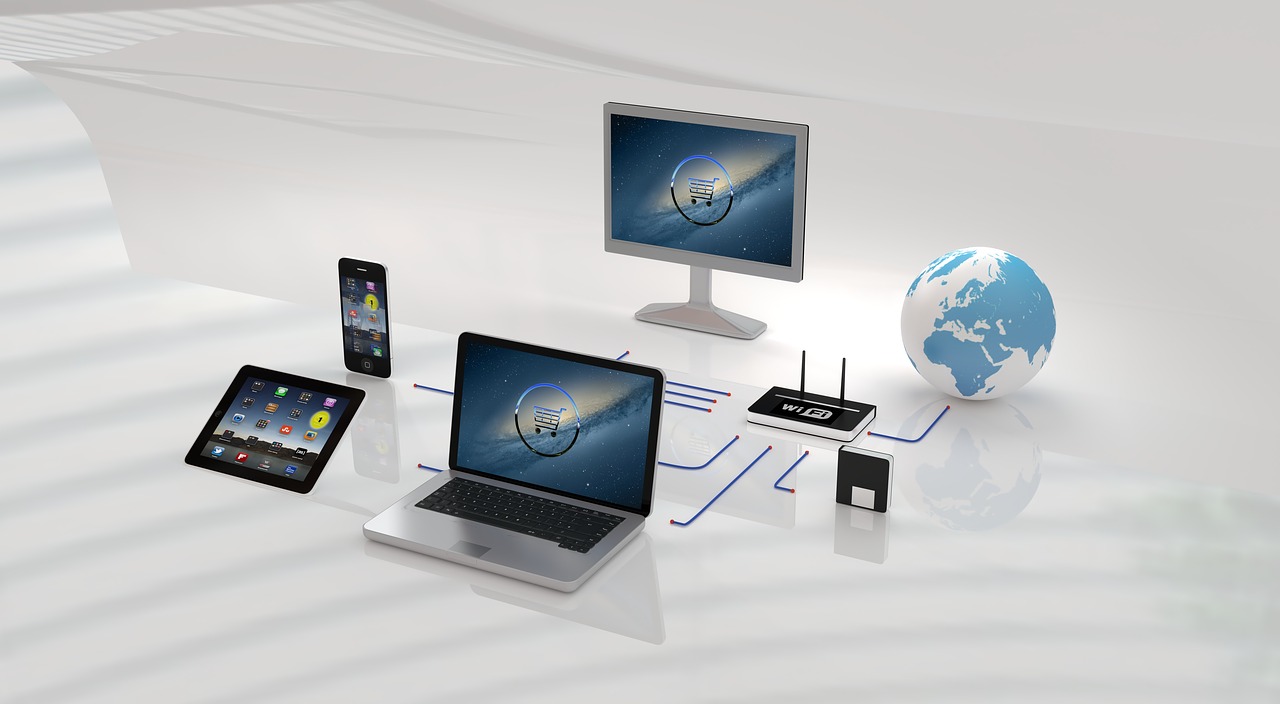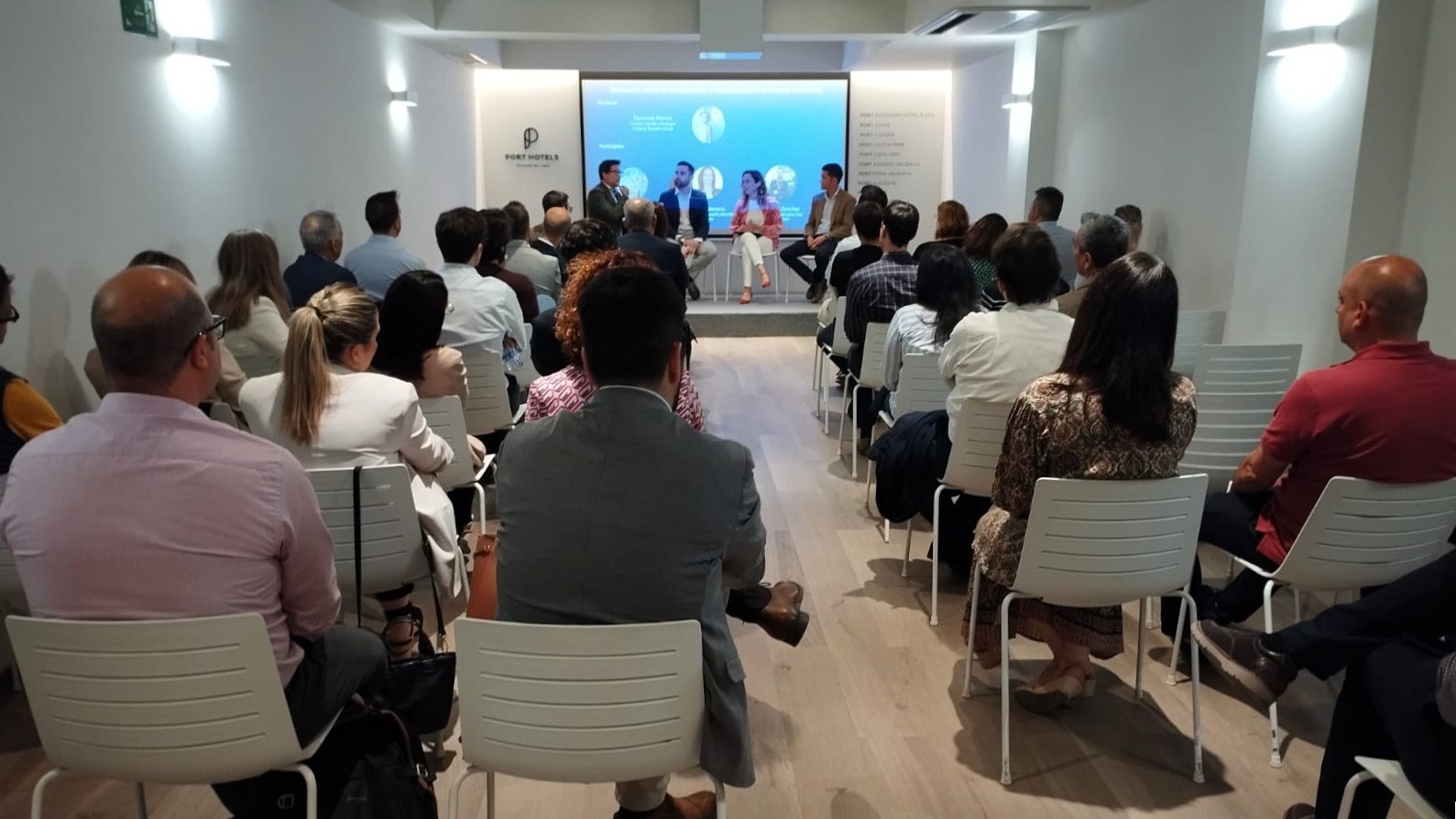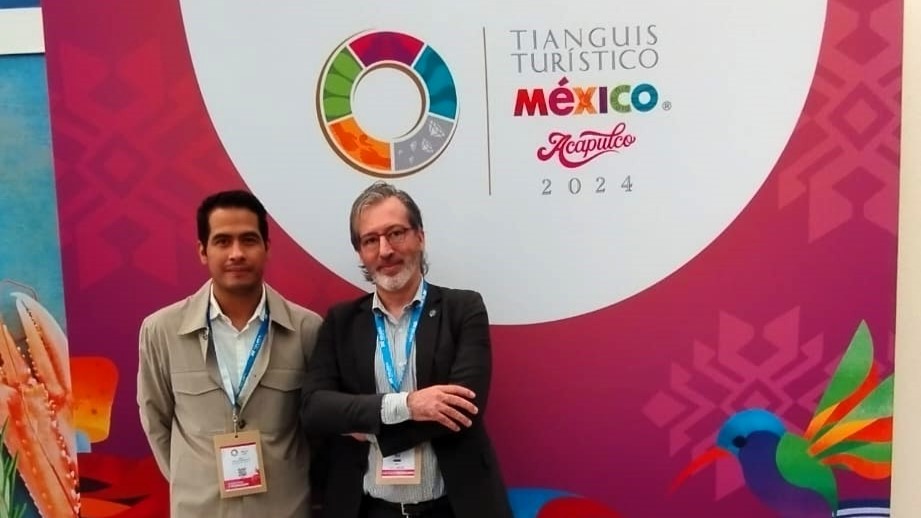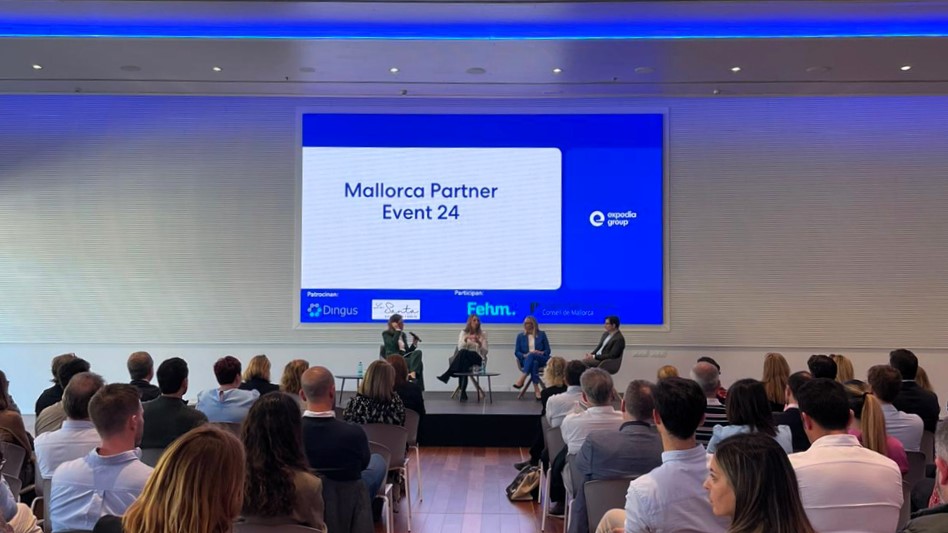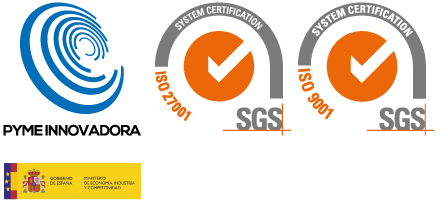Here you can read the Smart Travel News interview with Jaume Monserrat, CEO of Dingus, published in early February.
There is no doubt that the relationship of the hotelier with technology has changed radically in recent years and the reason is simple: the tourist has changed, is connected and demands a level of service that without technology the hotelier would not be able to offer.
We analysed with Jaume Monserrat, co-founder and CEO of Dingus, how the evolution of the latest technologies has affected the hotel sector.
To provide some context for our readers, could you summarize what philosophy Dingus was born with and what do you consider your mission to be at this time?
Technology as a strategic element in the life cycle and decision making in the tourism industry, is one of the pillars that has inspired us to offer innovative, efficient and profitable services and products to the tourism market.
At that time (and with 20 years of experience in this world) we knew that this is not enough and that we should not only innovate with differential products, but also do it in business models. With these principles, 10 years ago arises our bet of fixed cost for the sale of technological services. Now it may seem obvious, but then it wasn’t at all.
One of the pillars of Bookincenter is the integration of different solutions. How important is it for hotels to simplify and bring together their CRS tools, Channel Manager, etc.?
Distribution management has become much more complicated in the last 5 years, given the large distribution capacity that customers and suppliers have through different internet platforms. In this sense, a Channel Manager has an important impact to help and improve Yield, favoring the integration with a greater amount of offer without increasing operating costs. However, our approach only makes sense under a broad vision. An integrated system with a contracting and booking platform (CRS) that allows any customer to adopt the management model that best suits their type of product and market. In other words: we must understand the client’s hiring strategy and offer a service at the height, under a unified and open vision.
Which distribution channels are proving most effective for hotels today? Are we experiencing a clear growth of Google with respect to other marketing / distribution channels?
In our case, by connecting all types of actors – from OTAs to traditional TTOOs, Bed Banks and Receptive Agencies – we see that sales through purely Online channels have lost 5% of relative weight in terms of Revenue generated in the last 5 years. If we analyze the top 5 most sold channels in 2018, these places are occupied by 2 large OTAs, the hotel website and 2 global bed banks. In the last 12 months we have a clear increase in demand for meta-seekers. These are solutions that are already in the top 10, in terms of channels with more requests for availability and price.
Google has effectively consolidated itself as the main meta-search engine with almost 65% of the reservations made through these solutions. A growth of 150% in the last year that, I am convinced, does not go unnoticed by the competition.
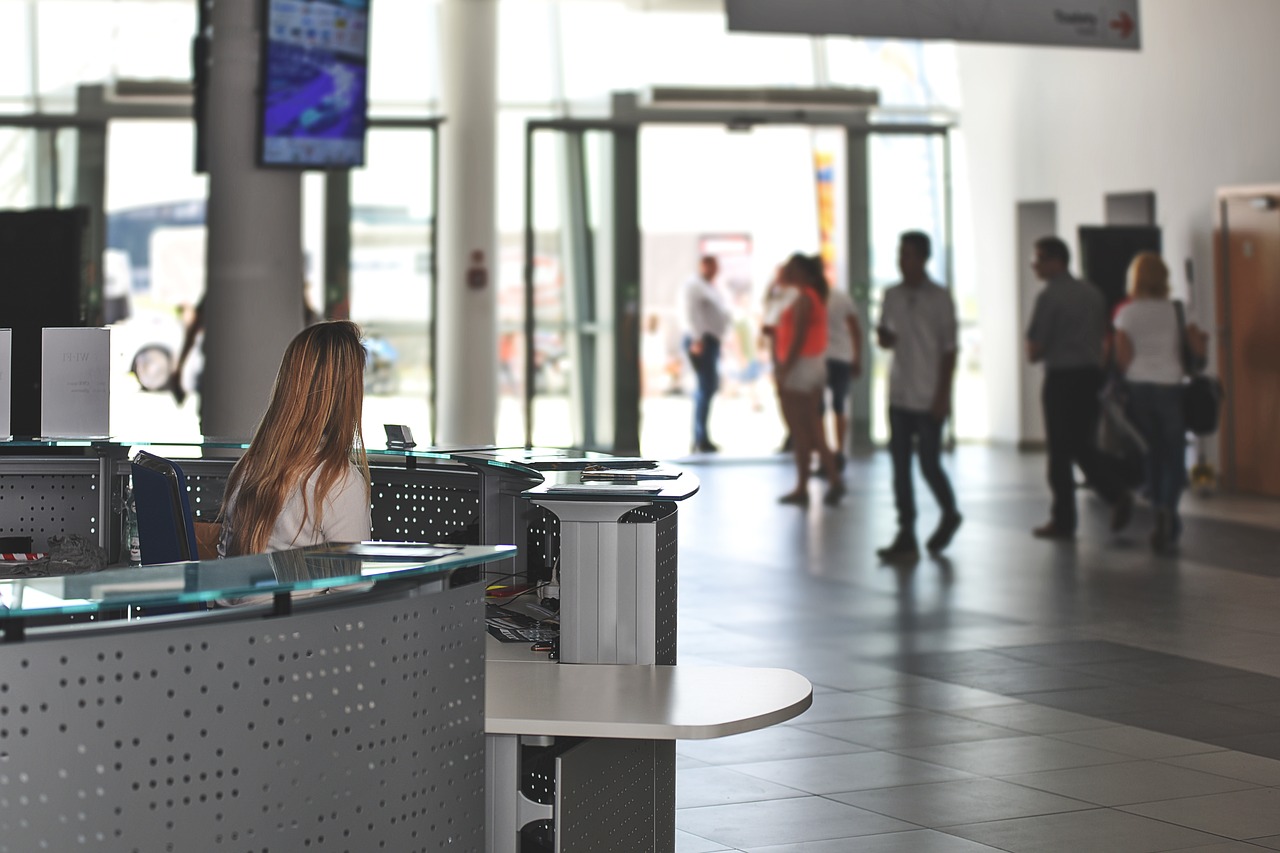
As far as the booking engine is concerned, what indispensable elements do you think it should have and how should it adapt to mobile booking? How important is the booking engine in direct booking?
In the current stage of development of reserve engines, there are many elements that have been included and that are essential to be able to talk about a competitive product. Therefore, speaking of our own experience would highlight the ability to adapt the pricing structure of the hotel including offers and promotions.
The second would be the integration with Channel Management tools in order to integrate all tariffs and be more efficient when managing them. Also the security in payments, offering an integrated management platform with different platforms, and finally the integration with all kinds of stakeholders that promote Web sales, accelerators, meta-search engines, chatbots, RMS systems, and so on.
In recent years we have seen a real commitment to direct sales through our own engine. So much so that in recent years it has climbed to become the second Revenue generation channel in 2018, with 8.6% of the total of more than 3.5KM€ generated through our platform.
With respect to online marketing solutions, which ones are working best for your customers? Which channels and content are working best to attract customers, reduce acquisition cost and optimize loyalty?
I must confess that until a few years ago we paid quite tangential attention to this issue. The direct contact, the knowledge of 30 years in the sector has allowed us to access the client in a very direct way.
Today we are very aware that brand positioning is essential and to this end we work in the line of promoting our websites, betting on publishing in professional environments and have a good network of media partners specialized and focused on the sector.
Dingus talks about adapting its technology to the real needs of hotels. What are those needs at the moment? Do you think they will change with the gradual incorporation of technologies such as blockchain or voice bookings?
We bet on Open Innovation and we have done it on a Customer Centric approach, by publishing our API platform for the consumption of services on the products of Channel Manager, Booking Engine and in the future the new Collections Manager. It is a 360° approach to manage 100% of hotel marketing from contract to booking and collection, in a secure environment. In this way we advance in the line of integration with the market place of customer solutions, favoring the different strategies and use of technologies that everyone wants to adopt.
We believe there is a concern and need for security, e.g. adoption of PCI DSS standards. In Dingus we have a wide vision of this subject, oriented to offer guarantees to our clients of a continuous evolution both at product and technological level. To offer realistic indicators on the capacity of innovation focused on the client, perhaps it is the best answer that a company of technological services can give to assure a high level of quality and guarantee of continuity.
At this point, I would bet on technologies based on Artificial Intelligence. Big Data and Voice platforms already have use cases applicable to specific needs, making their opportunity cost measurable.
For disruptive technologies such as blockchain, more concrete use cases oriented to the tourism industry are needed. In the last year, in the Turistec cluster of which we are partners, we have had abundant information from major global technologies, in order to analyze it in depth and look for projects that serve to find its fit and functionality.
In any case, our Innovation department does not cease to be attentive and in contact with an extensive network of technological suppliers, in order to be able to respond in time and form to market trends.
What should be the hotelier’s relationship to technology?. To what extent does Dingus work with the hotel and where does the importance of a culture of distribution and loyalty within the hotel team begin?
The relationship with technology must necessarily be strategic and form part of decision making. Consequently the technology must be adaptable, effective and profitable, and in that the companies of the IT sector have a lot to say and to do.
It is a very interesting question because the way we get to the hotel is not by technology strictly, but by the continuous and deep knowledge of how they sell the distribution channels, how to guide, advise or help each client to get the most out of each connectivity or contract. Dingus invests in the continuous improvement of its products and maintains all connectivity at the latest level of update, so that we can offer the best guidance to each customer, at all times, to get the most out of the use of our products and services.
